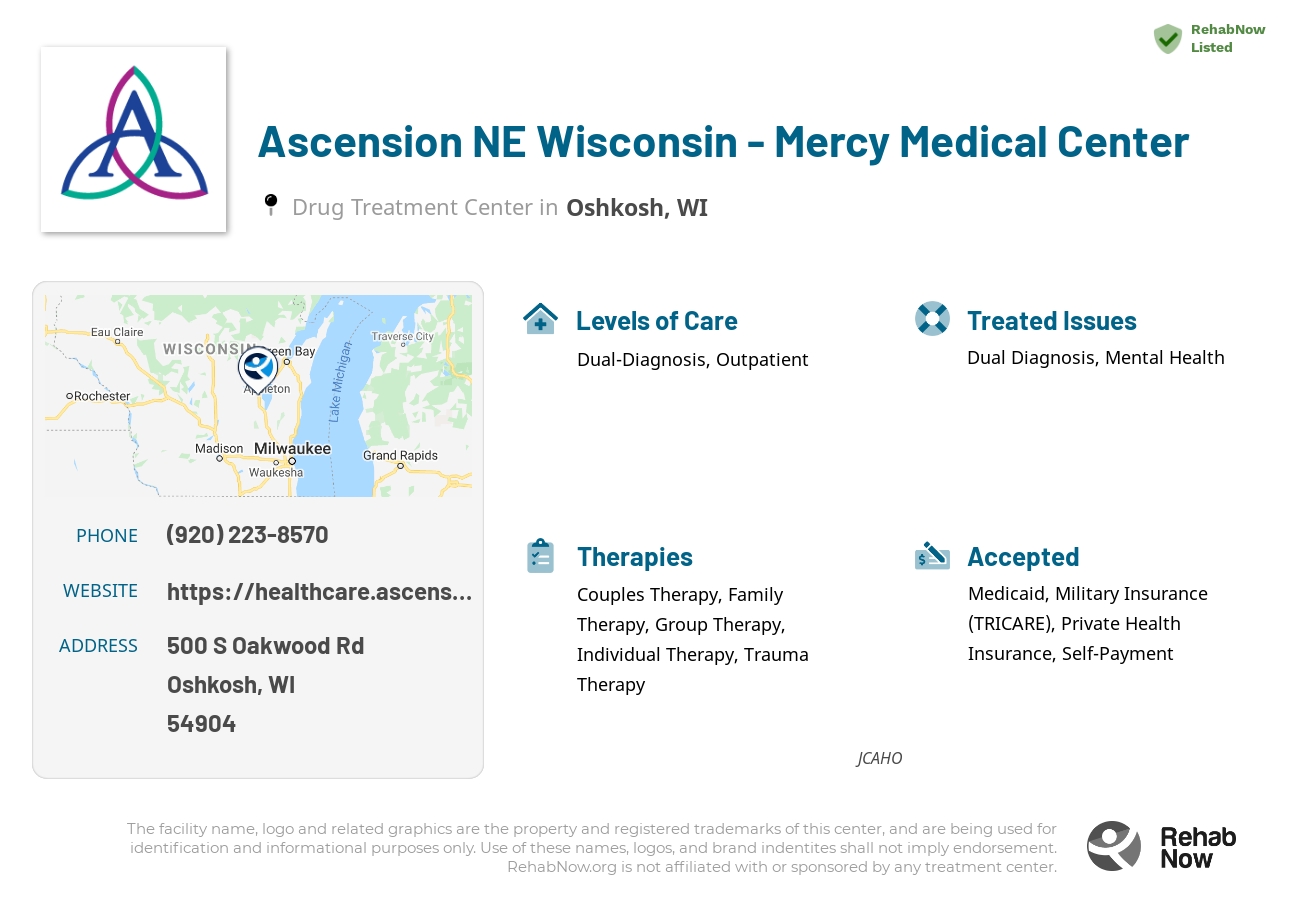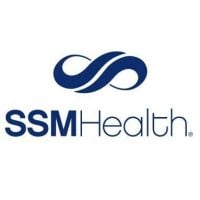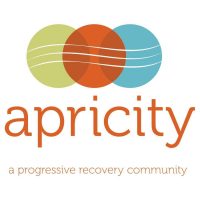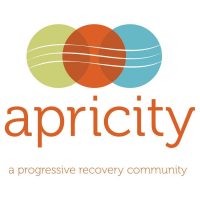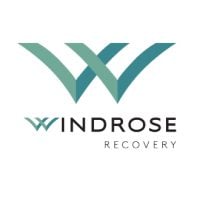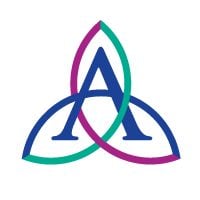
Ascension NE Wisconsin - Mercy Medical Center
Drug Rehab Center in Oshkosh, Wisconsin
- Mental Health
- Dual Diagnosis
Ascension NE Wisconsin - Mercy Medical Center provides comprehensive treatment programs for those facing dual-diagnosis and mental health issues, utilizing different levels of care and therapeutic methods, and is dedicated to providing quality, compassionate care for patients.
About This Wisconsin Facility
Ascension NE Wisconsin - Mercy Medical Center is located in Oshkosh, WI and provides comprehensive treatment programs for those facing dual-diagnosis and mental health issues. The center offers a wide range of different levels of care, including outpatient and dual-diagnosis treatment, and utilizes a variety of therapeutic methods and treatments, including couples and family therapy, group therapy, individual therapy, trauma therapy, dual-diagnosis treatment, and CBT. In addition, the center is accredited by JCAHO and accepts private health insurance. The center is also affiliated with Ascension - Wisconsin and is dedicated to providing its patients with quality, compassionate care.
The team at Ascension NE Wisconsin - Mercy Medical Center is passionate about helping those dealing with dual-diagnosis and mental health issues. The staff assesses each patient's needs individually to create a personalized treatment plan and ensure the best outcome possible. Through its comprehensive treatment programs and experienced team of professionals, the center works to improve overall mental health and well-being, so patients can take the necessary steps to achieve a successful and healthy life.
Genders
Ages
Modality
Additional
Accreditations

JCAHO
Conditions and Issues Treated
When addiction and psychiatric issues co-occur, the addict’s recovery is more successful when both conditions are treated. A dual diagnosis refers to a condition in which the patient is diagnosed with two health issues: addiction and bipolar disorder. The most common therapies are psychotherapy, behavioral therapy, spiritual counseling, 12-step programs, and medication management.
Levels of Care Offered at Ascension NE Wisconsin - Mercy Medical Center
This center offers a variety of custom treatment tailored to individual recovery. Currently available are Dual-Diagnosis, Outpatient, with additional therapies available as listed below.
An outpatient treatment program is set up to help with alcohol or drug addiction or a co-occurring disorder. The patient must attend the facility for their therapy and other programs but can return home each night.
The frequency of mandatory attendance decreases after much of Ascension NE Wisconsin - Mercy Medical Center‘s program is complete.
Outpatient treatment is a recovery approach that allows recovering addicts to live at home while getting rehab for addiction
An outpatient can include day treatments which include attending group sessions one hour per week. A person living in an outpatient environment may be allowed the opportunity to work full time if they choose to and continue studies without interruption from drugs/alcohol.
Outpatient treatment is an option for people who want to maintain their careers and families. Outpatients live at home but attend treatment such as individual counseling, group counseling, or twelve-step meetings during the day.
Therapies & Programs
At Ascension NE Wisconsin - Mercy Medical Center , to learn from past mistakes and improve one’s situation, the recovering person meets individually with a therapist. The counselor or therapist will address addiction causes, triggers, mental issues, dual diagnosis, and aftercare plans during this time. This is a very intense and challenging process. Some clients find it easier to open up to someone other than family or friends who understand their struggles with addiction.
Couples therapy sessions are typically used to help couples in recovery from drug addiction work through their issues. These types of sessions can be beneficial for many reasons, including the fact that they add a layer of accountability when both partners in a couple are recovering from addiction.
Therapy can also provide addicts with another effective way to cope with stress and avoid relapse during difficult situations. This type of therapy can help improve communication with their partners, which can strengthen the relationship and prevent future problems that might lead to relapse.
Family therapy is a crucial part of drug treatment and getting sober. It is one of the most effective ways to help addicts stay on the path to long-term sobriety. An addict’s family can play a vital part in helping them to avoid relapse. They can spot the warning signs and help them get back on track.
In group therapy, recovering addicts meet with a therapist and other people in recovery. Some groups are closed, meaning only people who share the same addiction or problem can attend. Others are open to anyone who wants to stop using drugs or drinking alcohol. Group therapy sessions typically focus on one topic each week or month so that recovering addicts can discuss issues they face daily.
Trauma therapy allows people to face and learn from past traumas.
Many people suffer childhood traumas that lead to adult addiction. During treatment at Ascension NE Wisconsin - Mercy Medical Center [/type], you can move forward in your recovery and reclaim your sober future! Trauma is a common cause of psychological disorders like Addiction Disorder. It’s common in Addictive Disorders patients because traumatized people have strong emotions or thoughts that lead to addictive behaviors.
Cognitive Behavioral Therapy (CBT) is based on the idea that how we feel, think and act all interact together. It helps people explore their thoughts for problems (or false beliefs) that influence their mood and actions. CBT is very goal-oriented, which means that the therapist and patient work together on a specific problem. In addition to helping a client focus on thoughts that can be changed, CBT also allows them to take an active role in their treatment. Our thoughts determine our feelings and behaviors; our feelings affect our thoughts, and our behaviors change our thoughts and feelings.
Payment Options Accepted
For specific insurance or payment methods please contact us.
Is your insurance accepted?
Ask an expert, call (888) 674-0062
Ascension – Wisconsin Associated Centers
Discover treatment facilities under the same provider.
- Columbia St. Mary's Hospital - Ozaukee in Mequon, WI
- Ascension St. Francis Hospital - Outpatient Center - Behavioral Health in Milwaukee, WI
- Ascension St. Francis Hospital - Outpatient Center - Behavioral Health in Milwaukee, WI
- Ascension - St. Michael's Hospital in Stevens Point, WI
- Ascension All Saints Hospital - Spring Street Campus in Racine, WI
Learn More About Ascension – Wisconsin Centers
Additional Details
Specifics, location, and helpful extra information.
Oshkosh, Wisconsin 54904 Phone Number(920) 223-8570 Meta DetailsUpdated November 25, 2023
Staff Verified
Patient Reviews
There are no reviews yet. Be the first one to write one.
Oshkosh, Wisconsin Addiction Information
Wisconsin has some of the highest rates in the United States for both adolescent and adult substance abuse. Since 2009, the state has been experiencing the same escalating rates of drug abuse and addiction as the rest of the country. The major concerns are the misuse of prescription painkillers and the escalating number of deaths due to alcohol-related liver disease.
The drug addiction problem in Oshkosh, Wisconsin, is quite severe. About 8.8% of people in Oshkosh, WI, abuse drugs, and about 4.2% are addicted to drugs. 14% of Wisconsin adults age 18 and older have an addiction to alcohol or other substances. The most commonly abused drugs in Oshkosh, Wisconsin, include heroin, methamphetamine, and prescription painkillers. In Oshkosh, WI, the most common is an inpatient facility.
Treatment in Nearby Cities
- De Pere, WI (40.3 mi.)
- Platteville, WI (129.4 mi.)
- Washburn, WI (215.2 mi.)
- West Allis, WI (75.1 mi.)
- Eau Claire, WI (153.5 mi.)
Centers near Ascension NE Wisconsin - Mercy Medical Center
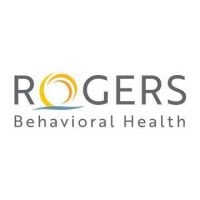
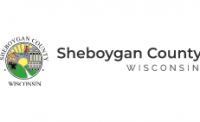
The facility name, logo and brand are the property and registered trademarks of Ascension NE Wisconsin - Mercy Medical Center, and are being used for identification and informational purposes only. Use of these names, logos and brands shall not imply endorsement. RehabNow.org is not affiliated with or sponsored by Ascension NE Wisconsin - Mercy Medical Center.


